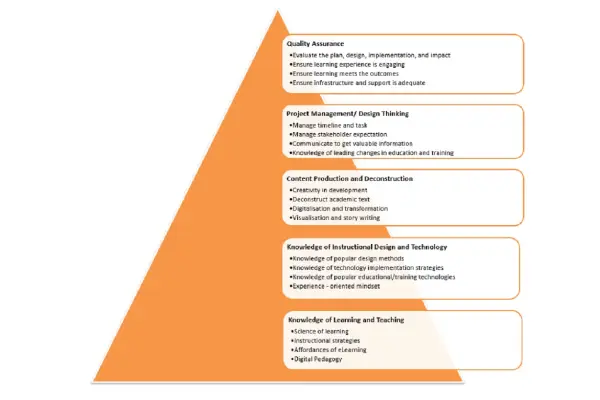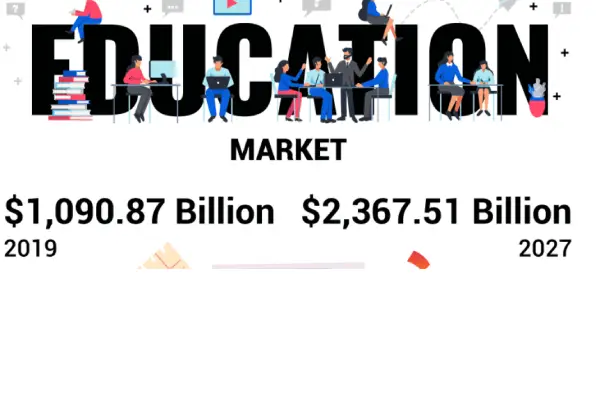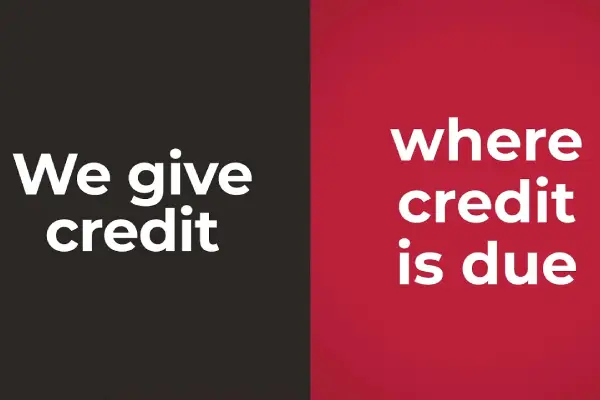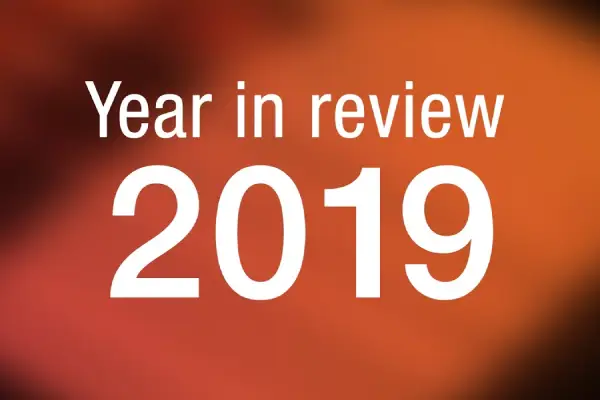As 2019 quickly comes to an end, I would like to take stock of the main issues that have impacted on the independent higher education sector over the past year.
Here are my key observations from the past 12 months.
TEQSA approved 12 new higher education providers during 2019, with only two going through the AAT. This compares to only 3 approvals in 2018, all of which required intervention by the AAT to ultimately gain approval. Clearly, something has changed – I assume the quality of applications is improving and maybe TEQSA has become a little gun-shy of the AAT. Whatever the reasons, it is good to see new providers enter the independent higher education sector.
Two major reviews were completed and presented to the federal government during the year.
The Review of the Higher Education Provider Category Standards was released on 15th October 2019. It was proposed that independent higher education providers (iHEPs) that are not universities would fall into one of two categories: “Institute of Higher Education” or “National Institute of Higher Education” (the second category borrowed from the Irish system, it would seem). The nomenclature “National Institute of Higher Education” had a very short life, being redesignated “University College” in the Australian Government’s response to the review released on 10th December 2019. One of the advantages of this change of category title will be that the first HEP in decades to achieve Australian University College status will not lose the university moniker it had fought so hard to achieve within a year of achieving it. Interestingly, there is an existing HEP that holds the name “Australian Institute of Higher Education”, which would appear to be quite an advantage for them. As the report title says “What’s in a Name?” – a lot, I would say!
The other review that will impact higher education providers was the Review of the Australian Qualifications Framework (AQF), released on 30th September 2019. I hope that adjusting the constructive alignment for all our courses will not prove too challenging under a revised AQF. It will also be interesting to see where and how microcredentials fit into a revised AQF. I’m also waiting with bated breath to understand what a “Higher Diploma” at the new Band 6 looks like, apparently equivalent to a Bachelor Degree.
It was also interesting to hear late in the year that the federal government has delayed the transition of TEQSA to full cost recovery “to better align charging arrangements across education regulators”. Let’s hope that iHEPs are not paying for TEQSA’s extensive international outreach program including staff, overseas travel and other expenses not related to regulating iHEPs. It would also be interesting to know where the costs of action in the AAT fall, it would be a shame if iHEPs were being asked to fund TEQSA trying to defend the indefensible.
The peak bodies that support iHEPs, IHEA and ITECA, have continued to advocate long and hard for their members both publicly and behind the scenes. Although they (by their own admission) did not achieve everything they sought, let’s hope their strong advocacy is being heard and taken on board when formulating future government policy.
Were my hopes for 2019 realised?
In my year in review blog for 2018 I hoped for a number of things:
That better funding for TEQSA would speed up processing times. For new provider applications I have heard that things are moving much quicker than was previously the case. However, for some existing providers seeking re-registration the process has slowed to a snail’s pace, taking years for TEQSA to reach a decision. Such a long period of assessment, with evidence going stale and assessors moving on, cannot be good for quality decision making. A two-year old document might not be a very good reflection of a provider today, yet it may form the basis for a decision taken years later.
That the 25% administration fee on FEE-HELP loans taken by undergraduate students would be removed. This remains a future hope, but for the time-being, in the current fiscal environment, I think it is wishful thinking.
That the higher education category standards review actually comes up with something new. I think my musings elsewhere in this blog reflect my feelings on this. New – yes, good – maybe. Let’s wait and see how the new non-university categories are defined from a legislative point of view before making a final judgement.
What are my hopes (and fears) for 2020?My hope is that the new criteria for the proposed “University College” category (which are yet to be determined) will be readily accessible by iHEPS. Let’s not make it as difficult as the previous “Australian University College” category which had only one successful applicant in decades.
My fear for 2020 will be the regulatory fall-out from the discontinuation of the ITECA ASTAS (Australian Tuition Assurance Scheme). As of 1st January 2020 many iHEPs will have a cohort of their students without tuition assurance. This means they will no longer meet the Higher Education Standards Framework and technically be in breach. ITECA have been at pains to explain why the scheme was discontinued, but it still irks me that many of ITECA’s loyal higher education members have been thrown onto the regulatory scrapheap without there being a Plan B in place. It is easy to knock down but much harder to build.
My hope is that TEQSA resists the urge to enforce the relevant standard from “day one” and gives the independent higher education sector time to come up with a solution to cover those domestic students that do not apply for a HELP loan. Alternatively, maybe the promise of the extension of the proposed Tuition Protection Service (TPS) to all domestic students will be achieved in short order (although this requires trusting the word of politicians – not such a promising prospect).
With 2020 just around the corner, I would like to take this opportunity to thank everybody who has continued to support the Higher Education Leadership Institute (HELI), now in our second year of operations as an iHEP (or should I say, Institute of Higher Education).
Despite my concerns that “plus ça change, plus c’est la même chose”, here’s looking forward to a bright 2020 for all iHEPs.










